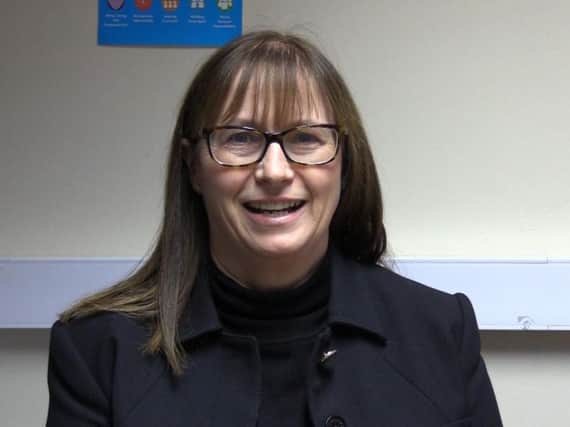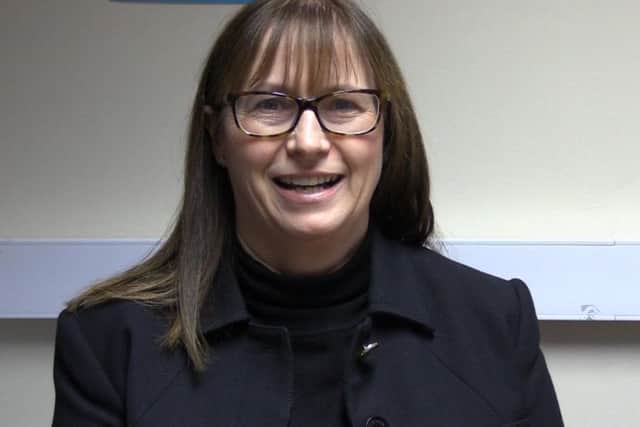Is there a science to improving patient care?


Patients and staff will be brought together in so-called ‘big rooms’ - in the hope that equally big ideas might emerge.
But while the weekly conversations will be based on the experience of those using and delivering services, they will be guided by quality improvement techniques drawn from outside the health sector.
Advertisement
Hide AdAdvertisement
Hide AdLancashire Teaching Hospitals NHS Foundation Trust (LTH), which runs the Royal Preston, has been selected to take part in the next wave of the health flow academy, a project devised by thinktank The Health Foundation.


The programme - which launches locally next month - has been credited with helping reduce death rates from sepsis at one London hospital by more than a quarter. The dangerous blood infection will also be an early focus of improvement work in Preston - along with colorectal surgery, inflammatory bowel disease and general frailty.
Ailsa Brotherton, director of continuous improvement at LTH, says that patients will be at the heart of the process.
“Our intention is to [speak to] some people who have already finished their care to find out what they would have wanted us to improve - and also ask current patients what they want to see so we can deliver improvements in real time. We will organise our services around their needs,” Ailsa explains.
Advertisement
Hide AdAdvertisement
Hide AdBut it will be the clinical and operational opinion of staff - and the improvement methodology on which the programme is based - which make it more than just another patient survey.
The academy first launched in Sheffield and has since been rolled out to other parts of the country. The Royal Preston will be the first hospital in the North West to take part, but patients receiving specialist treatment at the site from across Lancashire and South Cumbria will also experience any benefits which may emerge.
According to Ailsa, there is a science to delivering consistent care which goes beyond the medical treatments which underpin it.
“[Other areas] have taken the methodology and scaled it up - and the impressive thing is that the others organisations have been able to replicate the results. And they’ve all done it slightly differently, because you do need to take account of local context.”
Advertisement
Hide AdAdvertisement
Hide AdWhile some aspects of the programme are designed to reduce unnecessary delays, much of it will be about what actually happens to a patient while they are in the system.
“I think it will have a massive effect and will enable us to work with [other organisations] to create really reliable...seamless care,” Ailsa says.
“When you look at the patients coming into hospital, lots of them are elderly and frail and they have multiple [conditions]. Often in healthcare, we tackle one of those issues at a time - but we want to understand the patient’s needs and design things so that we almost have the services waiting for patients rather than patients waiting for services.”
The programme will be expanded to take in more than a dozen conditions in its second year of operation in the region, with specialist training widened to other staff within the hospital trust.